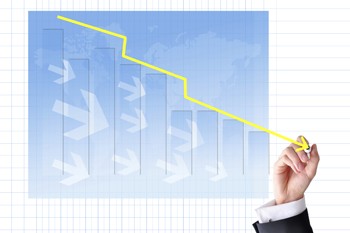Small business paradox
There is somewhat of a paradox when it comes to the self-employed and superannuation.
Owners of small-medium businesses are among the enthusiastic supporters of self-managed super yet a large proportion of self-employed individuals running small, unincorporated enterprises have little or no super.

Online small-business magazine SmartCompany recently published an article on this issue - Why self-employed women are among superannuation's biggest losers - setting out how many self-employed individuals, particularly self-employed women, have "grossly inadequate" super savings.
The article quotes a research paper, An update on the level and distribution of retirement savings from the Association of Superannuation Funds of Australia (ASFA), showing that self-employed women aged 60 to 64 had an average super balance of only $68,692 in 2011-12 - half the amount of self-employed males in this age group.
Further, self-employed women aged 60-64 had about half of the super savings of employed women of the same age. And almost a quarter of the self-employed - encompassing women and men of all ages with unincorporated businesses - had no super savings.
Yet as Sue Prestney, a partner at PwC Private Clients, writes in the Australian Financial Planning Handbook 2014-15: "Small business owners often inherently feel the need to be in control of their finances and are reluctant to allow others to manage their funds. This is part of the reason why self-managed super has become popular in the small-business sector." Here lies the paradox of the self-employed and super.
There are, of course, several reasons why the self-employed people on average have little or no super savings. Super contributions are not compulsory for the self-employed. And small businesses almost inevitably go through cash-flow ups and downs, making voluntary super contributions extremely difficult to afford at times.
Given that the self-employed running small unincorporated businesses do not have compulsory contributions paid into their super accounts, they need to exercise extra discipline to save for a satisfactory standard of living in retirement.
As discussed in the SmartCompany article, one of the particular benefits of saving in super for small-business owners is the separation of business and personal assets in case their businesses fall on difficult times.
The separation of business and personal assets is another way to spread the risks.
By Robin Bowerman
26-1-2015
Smart Investing
Principal & Head of Retail, Vanguard Investments Australia